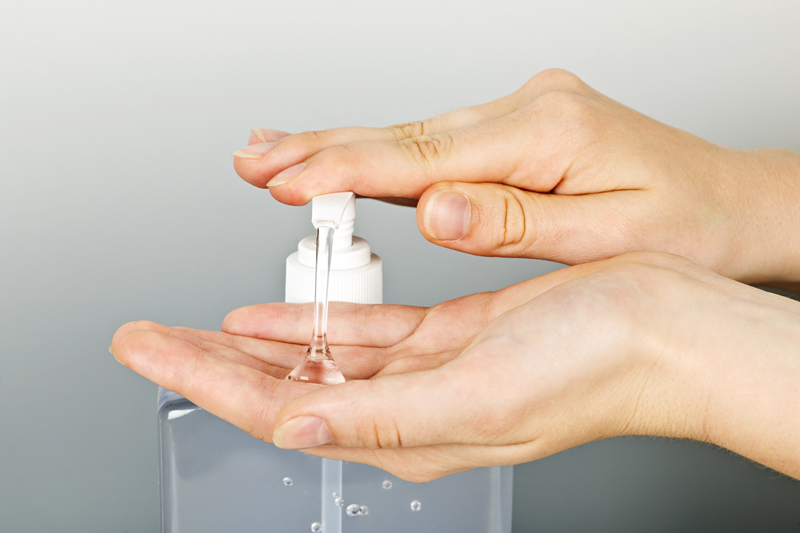Antibacterial gels can be a real life savior when we find ourselves around many people and aren't able to wash our hands. However, all those gels have several chemicals and other ingredients that might not actually be that good for us. That is why making your own all natural antibacterial gel is a great option. You'll be amazed by how well it works!
Several Methods For Making Your Own Natural Antibacterial Gel Include:
Rosemary is antibacterial and anti-viral. Preparing an infusion of fresh rosemary creates a non-toxic alternative to commercially produced antibacterial gels. Using a one-to-eight ratio of fresh rosemary to distilled water in a stainless steel pan, bring water to a simmer, cover, remove from heat. Let rosemary steep for 20 minutes. The infused water, when cooled, can be transferred into a spray bottle for convenient applications. It also can be added to foaming solutions of castile soap, adding a layer of antibacterial protection.
Wooly lamb’s ear is not typically thought of as anything more than a textured addition to landscapes, but it has amazing antibacterial, anti-viral and anti-inflammatory properties. An infusion of wooly lamb’s ear makes a quick and effective antibacterial on-the-go spray.
If time permits, create your own extract using a one-to-three ratio of chopped wooly lamb’s ear and vodka. Let steep for four to six weeks in a cool, dark area, gently shaking every few days. Use a few drops of this extract combined with rubbing alcohol or witch hazel in a spray bottle for a concentrated antibacterial spray.Antibacterial, anti-viral and antiseptic, tea tree oil is an excellent addition to any antibacterial gel or spray formula.
Start an antibacterial gel formula with Aloe Vera, adding a small amount of witch hazel at a ratio of one-to-eight, and essential oils; a popular antibacterial combination is lavender and tea tree oil. Rosemary oil added to this formula will act as a natural preservative.
To any essential oil blend, a few drops of vitamin E oil will not only act as a natural preservative but also will moisturize your hands.
As you can see, many essential oils contain antibacterial properties. You can use rosemary, wooly lamb's ear or even tea tree oil. You can mix these with some Aloe Vera and some vitamin E oil to help keep your hands moist as well. These natural antibacterial gels are effective and may work even better than the ones from the store. Plus, you can make as much as you want so you'll always have some when you need it. If you have your own antibacterial gel you can feel better about using it when it may be the only option against germs.
To learn more about making your own natural antibacterial gel, you can go to:
